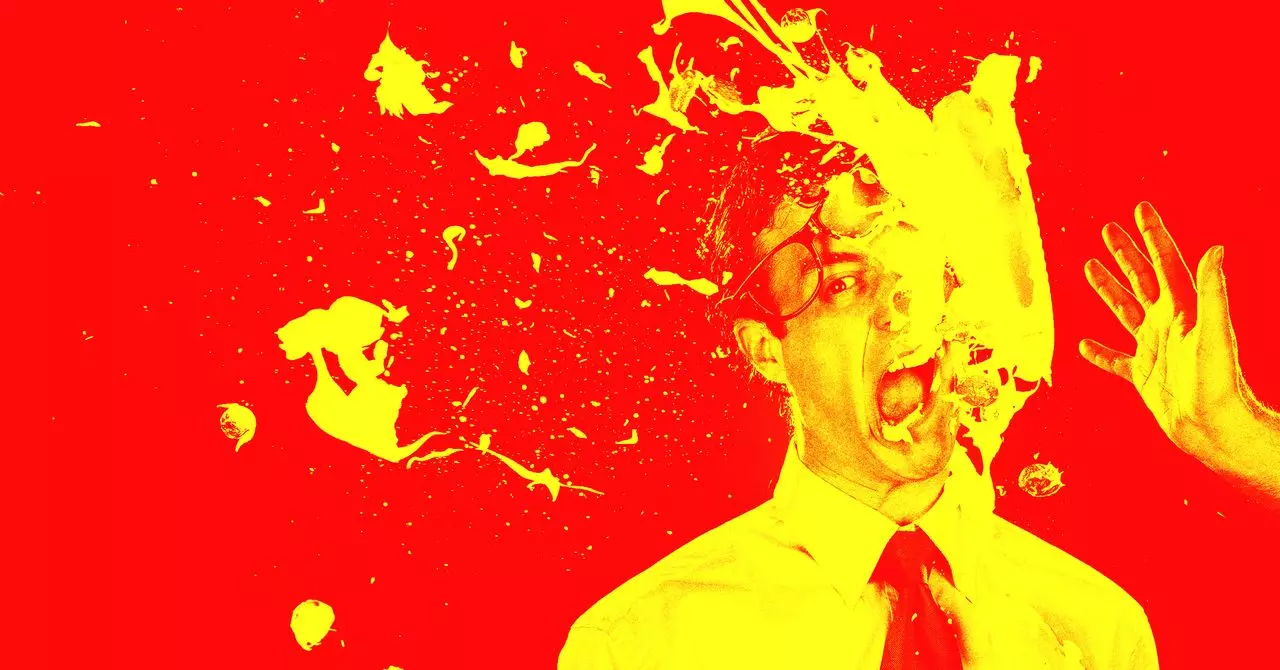In recent months, the conversation surrounding artificial intelligence has shifted dramatically from fascination to apprehension—and, in many cases, outright resistance. Duolingo, once praised for its dynamic social media presence and beloved green owl mascot, has found itself at the center of an intense backlash after announcing plans to lean heavily into generative AI. The company’s decision to reduce reliance on contractors by automating their roles struck a nerve, especially among younger users. This demographic, deeply invested in the app through rewarding streaks and daily practice, publicly expressed outrage and performed mass deletions of the app despite personal losses. This reaction underscores a broader cultural tension: while AI tools like ChatGPT draw widespread adoption, there is a swelling undercurrent of frustration about the consequences of replacing human labor and creativity with automated systems.
Corporate Automation: A Double-Edged Sword
Duolingo’s choice reflects a larger, systemic change across multiple tech sectors. Companies such as Klarna and Salesforce have echoed similar sentiments, signaling that AI’s ability to automate routine tasks—from customer service to software engineering—could curtail traditional hiring practices. This trajectory points to a corporate future where AI agents perform a significant share of the workload, ostensibly to increase efficiency and reduce costs. However, this transition is fraught with ethical and practical concerns. The promise of automation comes at the risk of deepening unemployment and undermining job security, stirring fear and resentment among workers. It also hints at a more impersonal future for office culture, where human decision-making and nuance might be replaced by algorithmic processes that lack empathy and contextual understanding.
Beyond Job Loss: The Multi-Faceted Critique of Generative AI
The controversy around AI’s impact on employment is just the tip of the iceberg. The broader pushback against generative AI encompasses a range of issues that are often deeply intertwined. For instance, the quality of AI-generated content remains inconsistent, with error-prone outputs that can mislead or frustrate users. Environmental critics highlight the immense energy consumption of training large AI models, adding a sustainability dimension to the debate. Perhaps most acutely, there is concern over mental health, as prolonged interaction with AI systems may affect cognition, creativity, and social behavior. Moreover, the legal and ethical ramifications of AI training practices have sparked widespread outcry. Visual artists, writers, and other creatives have vocally condemned how their original works were scraped without consent to fuel AI models’ learning. This conflict has intensified alongside pivotal labor movements, such as the 2023 Hollywood writers’ strike and ongoing copyright litigation, suggesting that AI’s disruption extends far beyond technology circles and into the very fabric of intellectual property and creative labor rights.
The Illusion of Neutrality and Human Oversight
In public statements, companies like Duolingo emphasize that AI will not operate unchecked but will be supervised by human experts, attempting to frame automation as an augmentation rather than a replacement. While this rhetoric seeks to assuage fears, it too often glosses over the reality that fewer human roles will remain necessary. Moreover, human oversight does little to mitigate the fundamental questions about transparency, bias, and fairness in AI outputs. The notion that AI is simply a tool under human control underestimates the scale at which algorithms now influence decisions, shape user experiences, and even impact livelihoods. This disconnect between upbeat corporate narratives and public skepticism underscores a critical challenge: companies must engage more authentically and openly with communities affected by AI adoption rather than minimizing their concerns with polished messaging.
What the Outcry Reveals About Society’s Relationship With Technology
The strong emotional response—particularly among young, digitally savvy users—signals a deeper cultural unease with the rapid integration of AI in everyday life. The symbolic act of deleting Duolingo, often at personal cost, illustrates a rebellion not just against one company but against what AI represents: a force threatening to devalue effort, replace human connection, and commodify creativity. This reaction is not mere technophobia; it reflects a fundamental questioning of the social and economic contract in an AI-driven future. There is a clear demand for a more just and transparent balance between innovation and human dignity. Society is crying out for meaningful conversations that address how AI can coexist with human work and creativity, rather than simply overwrite it. The AI revolution, while powerful and transformative, must be navigated with empathy, accountability, and a commitment to preserving human value beyond the efficiency gains.

